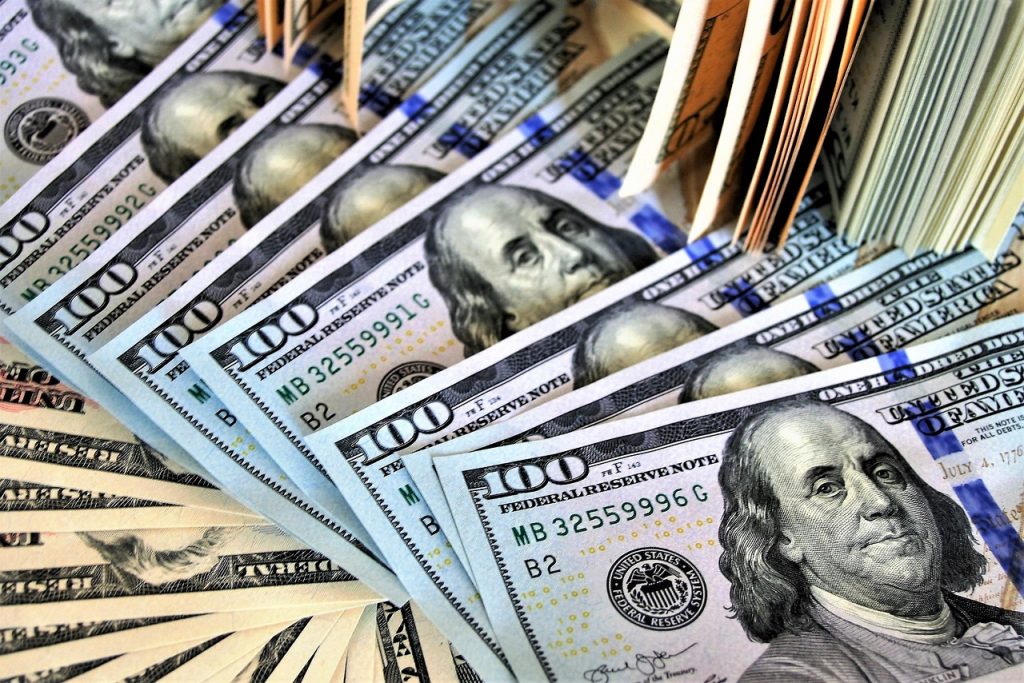Why There Is No Lottery In Five US States
There are no lottery drawings in Alabama, Utah, Alaska, Hawaii, or Nevada for various reasons that include state laws that prohibit gambling and religious influences.
This article is more than 2 years old
If you were somebody who participates in playing the lottery, it is important to know what you are up against when it comes to competition. Understanding the odds of winning when playing the lottery is going to give you a better perspective on the likelihood of you receiving a successful ticket. In five US states, residents will have to travel in order to participate in this week’s Powerball jackpot game.
If you are a player residing in Alabama, Utah, Alaska, Hawaii, or Nevada, you will need to travel to a different state in order to purchase a lottery ticket to have a chance at winning the record Powerball jackpot. This is because these states do not offer government-operated lotteries with rollover jackpots such as the infamous Powerball Game. These are the last five states to hold out strong and not have their individual residents have the ability to participate in playing this size lottery.
Back in 1964, New Hampshire became the very first state to offer a state-specific lottery, according to an article in CNN. Mississippi is the most recent state to add lottery games for residents to play, with the initiative starting back in 2019. A total of 44 states have currently started their own multi-state jackpots, or created alliances with other states, allowing participants the ability to play in these large-scale games.
Why were lotteries introduced in the first place you ask? Lotteries were introduced to help offset budget pressures. States introduced lotteries to residents as a way to increase revenue without having to increase tax prices. They partner with gaming and gambling organizations to help facilitate running the games.
You can buy lottery tickets virtually anywhere in a participating state. Over 200,000 retail stores offer lottery ticket sales in the United States today. This is an extremely profitable way for states to bring in extra revenue. In 2019 alone, lottery ticket sales to 91 billion dollars, helping states increase revenue without having to introduce high tax rates.

The five states we mentioned earlier that currently do not offer state lotteries have a few reasons why they choose to not opt into the games. For religious and conservative states such as Alabama and Utah, lotteries have been avoided. This makes it difficult for these states to legalize casinos and embrace lottery gaming.
Many of these states also believe that there are concerns to be had when it comes to encouraging lower-income households to purchase lottery tickets. Experts in the field have also expressed that lotteries are a roundabout way to fund programs and public services that states need. The residents who are purchasing lottery tickets are more likely to be those who also wish to utilize government-funded programming, too.
For states like Hawaii and Alaska, discouraging residents from buying lottery tickets in other states is much easier. These states do not have any U.S. neighbors, therefore, making it much harder for individuals to cross borders in order to purchase lottery tickets. How far would you go in order to purchase a lottery ticket?



